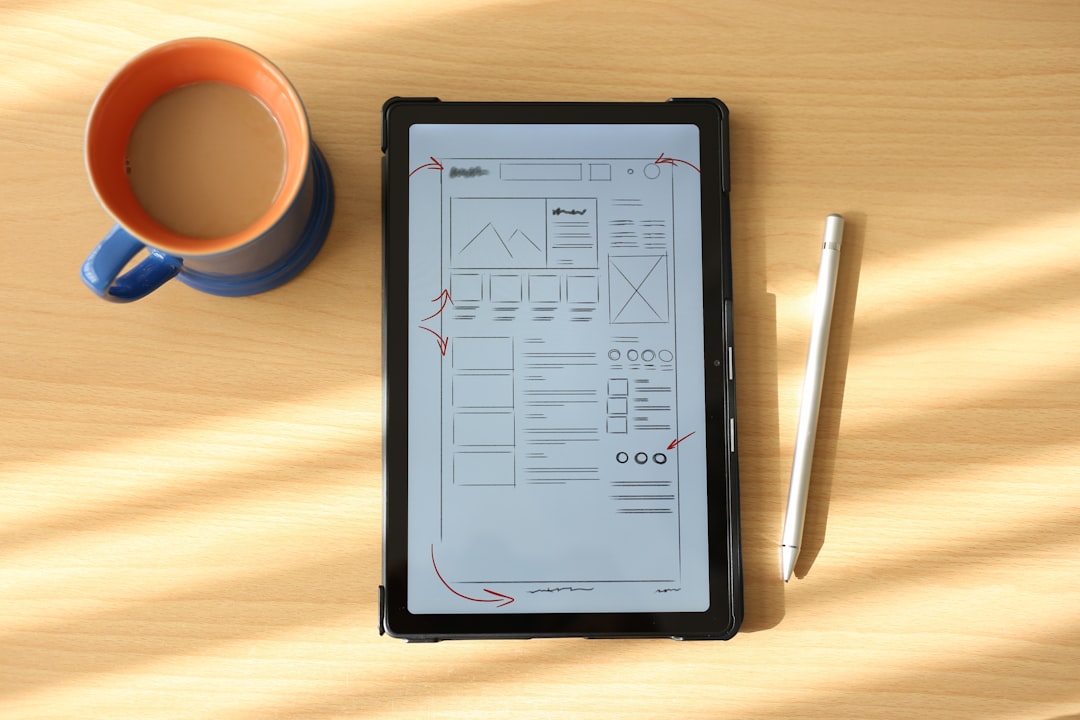In the fast-paced world of digital content, consistency and organization are key. Whether it’s for a blog, social media campaign, YouTube channel, or corporate news hub, an editorial calendar is the backbone of any effective content strategy. As we move into 2025, content teams are looking for tools that are not only functional and efficient but also collaborative and responsive to evolving business needs. Three of the most prominent tools in the editorial planning space are Airtable, Notion, and Google Sheets. Each has its unique strengths and drawbacks, depending on team size, workflow complexity, and budget.
Overview of Editorial Calendars
An editorial calendar allows teams to plan, organize, and schedule content in advance. It can help track content ideas, assign responsibilities, manage deadlines, and ensure alignment with strategic goals. In choosing the right tool, it’s crucial to consider features such as:
- Collaboration capabilities
- Ease of use
- Automation and integrations
- Customizability of views (calendar, kanban, table, etc.)
- Pricing structures

Let’s examine how Airtable, Notion, and Google Sheets meet these criteria in 2025.
Airtable: A Visual and Structured Powerhouse
Airtable has grown significantly over the last few years and continues to improve its interface and automation capabilities. It offers a database-like backend with a spreadsheet-like frontend, making it an attractive choice for content teams who want depth and flexibility in their planning process.
Strengths
- Versatile Views: Teams can shift between grid, kanban, calendar, and gallery views, which makes content tracking more intuitive.
- Strong Collaboration: Designed for multi-user workflows with permission controls, version history, and comment threads.
- Integration and Automation: Seamless integration with Slack, Google Drive, and marketing platforms. Automations help streamline repetitive tasks.
Weaknesses
- Pricing: While a free version exists, robust features are locked behind paywalls, which can be restrictive for small teams.
- Learning Curve: New users may find the interface overwhelming at first due to its feature-rich nature.
Notion: All-in-One Workspace for Teams
Notion has positioned itself as a go-to productivity suite for individuals and teams alike. Its flexibility makes it possible to design an editorial workflow from scratch, tailored precisely to a team’s needs. In 2025, Notion’s AI integration and improved templates make it more powerful and accessible than ever.
Strengths
- Infinite Customization: Users can create databases, content calendars, pages, and dashboards to fit any format of editorial planning.
- Ease of Use: Simple drag-and-drop interface with rich media embedding, and intuitive document linking features. Ideal for creative teams.
- Built-in AI Tools: Efficient AI-powered content suggestions and automation increases productivity and idea generation.
Weaknesses
- Performance Lag: Larger databases can slow down workflows, especially if content includes many embeds and dynamic elements.
- Lack of Advanced Analytics: While visually appealing, Notion lacks robust reporting and analytics unless supplemented with third-party tools.

Google Sheets: Simplicity and Accessibility
Google Sheets remains a staple in many content teams’ toolkits. It’s free, instantly accessible, and integrates effortlessly with other Google Workspace tools. While it may not stand out in terms of automation or UX design, its simplicity is sometimes exactly what teams need.
Strengths
- Universal Accessibility: Anyone with a Google account can access and edit Sheets, and permissions are easy to manage.
- Real-time Collaboration: Co-authoring, version history, commenting, and sharing are seamless and reliable.
- Cost-Effective: Free to use, making it a favorite among startups and lean content teams.
Weaknesses
- Limited Layout Options: Views are predominantly table-based. No built-in kanban or calendar views.
- Requires Manual Setup: All formatting, formulas, and data syncs need to be created from scratch unless using a pre-made template.
- Not Designed for Content: Compared to Notion and Airtable, Sheets is not optimized for content management or multimedia embedding.
Use Cases: Which Tool Is Best for Your Team?
When choosing between Airtable, Notion, and Sheets, the deciding factor usually boils down to the size of the team, the complexity of workflows, and budget considerations.
- Content Agencies: Agencies managing multiple clients may favor Airtable for its powerful automations, views, and scalability.
- Creative Freelancers or Small Teams: Notion provides flexibility and a distraction-free working space focused on content creation and idea sharing.
- Nonprofits or Bootstrapped Projects: Google Sheets offers a no-frills solution that’s reliable and shareable, especially for straightforward campaigns.
Integration & Automation Comparison (2025)
As of 2025, all three platforms have evolved their integration ecosystems, but they differ in functionality:
| Platform | Integration Strength | Automation Options |
|---|---|---|
| Airtable | Advanced (Zapier, Make, APIs) | High – Custom triggers, email updates, conditional logic |
| Notion | Moderate (Zapier, native integrations expanding) | Moderate – Built-in AI routines, document automation |
| Google Sheets | High (Zapier, App Script, Google Workspace integrations) | Moderate – Requires scripting or connector services |
Conclusion
In 2025, each editorial calendar tool brings a distinct flavor to content planning. Airtable is best where structure, scalability, and automation are top priorities. Notion excels in flexibility and unified workspaces, while Google Sheets remains the go-to for speed and simplicity. Understanding your team’s needs and workflow style will help you choose the right platform for maximum efficiency and collaboration.
FAQs: Editorial Calendars in 2025
- Q: Can I use Airtable, Notion, or Google Sheets for team collaboration?
A: Yes, all three tools support team collaboration, but Airtable and Notion offer more advanced options like comments, tasks, and notifications. - Q: Which one is best for beginners?
A: Google Sheets is easiest to start with due to its familiar interface. Notion is also beginner-friendly for content-focused users. - Q: Are there templates available for editorial calendars?
A: Absolutely. All platforms offer starter templates, especially Notion and Airtable, which have large community-driven template libraries. - Q: Which tool is better for visualizing timelines?
A: Airtable leads in visual timeline and calendar views. Notion offers some options but is less dynamic. - Q: What if I want advanced analytics on my content?
A: Airtable allows for more detailed reporting via integrations and formulas. Google Sheets can also do this, but it requires manual input. Notion is lighter on analytics unless complemented by outside tools.
As the digital content landscape becomes more intricate, the right tools can make all the difference in keeping your team aligned and your content pipeline flowing smoothly. Choose wisely based on your team’s unique rhythm and
